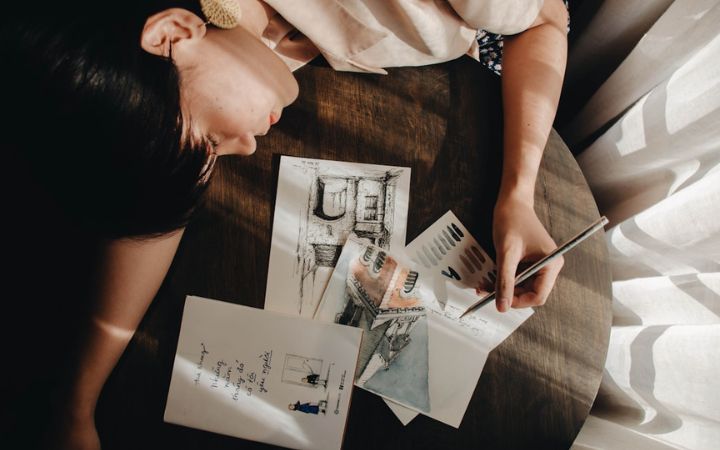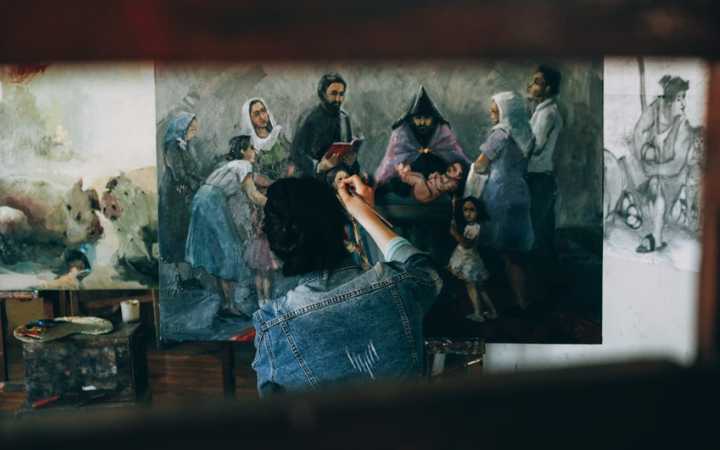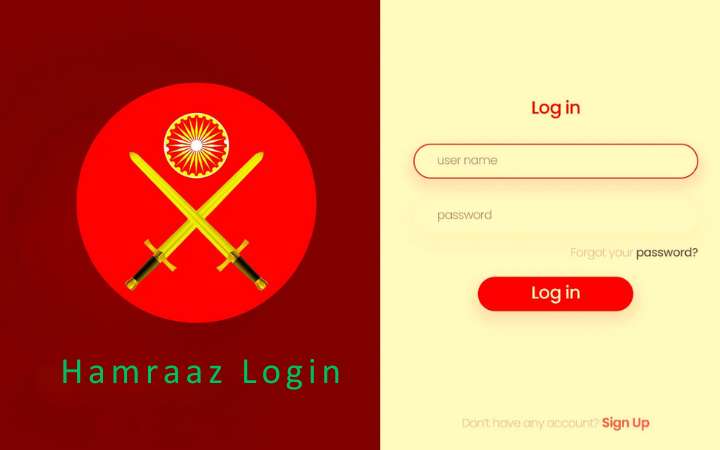How To Make Time for Personal Hobbies During College

As college students, the juggernaut of academics and extracurricular activities can seem all-consuming. However, carving out time for personal hobbies is essential for maintaining mental health and well-being. Personal hobbies can serve as a much-needed escape from academic life’s pressures, helping students recharge and return to their studies with renewed focus and energy. Below, we’ll explore strategies to balance college obligations with personal interests.
Maximizing Small Pockets Of Free Time For Hobby Pursuits
Often, it’s not about finding large blocks of time but making the most of the smaller opportunities that arise throughout the day. A 15-minute break between classes can be an opportunity to sketch, write, or practice mindfulness exercises. Seizing these fleeting moments can cumulatively amount to significant hobby time.
Photography enthusiasts may find carrying a compact camera or smartphone for moments of inspiration, ready to capture the perfect shot, invaluable. Similarly, students eager to sharpen their fishing skills can browse options like Mustad fly hooks during brief intervals, planning their next weekend’s escape to the river.
Reassessing daily routines to identify gaps that could be better utilized is beneficial. Perhaps waking up half an hour earlier or using time during commutes can transform idle periods into invaluable periods dedicated to hobbies. Each minor adjustment can edge students closer to achieving a more satisfying balance between work and play.
Students should not underestimate the rejuvenating power of these activities, considering they are vital for mental health. Engaging in hobbies, even in short bursts, can significantly bolster morale and energy levels, making academic tasks more manageable.
Embracing Technology To Streamline Tasks And Save Time For Hobbies
The advent of technology provides an array of tools that can expedite academic responsibilities. From apps that help with time management to software that simplifies the creation of bibliographies, students have numerous resources to save time for their hobbies.
Automation of mundane tasks such as organizing notes, making flashcards, or even grocery shopping online can free up precious minutes each day. Deploying these strategies effectively can drive significant leisure time in a packed college schedule.
Furthermore, online resources and courses can complement hobbies by providing quick and accessible learning opportunities. For example, a student pursuing a hobby in legal studies might look into an online paralegal degree program to develop their passion alongside their principal studies.
But it’s not just about saving time; it’s about using time effectively. Even within the domain of hobbies, many apps and online communities provide support, inspiration, and learning materials. These resources can make practice more efficient and enjoyable, ensuring students get the most out of the time they dedicate to their hobbies.
Balancing Academic Responsibilities With Personal Passions

Mastering the art of time management is pivotal for students striving to integrate hobbies into their college life. It begins with prioritizing tasks and setting realistic goals for both academic and personal projects. Knowing when to focus on coursework and when to indulge in a hobby requires discipline, but it can lead to a more fulfilling college experience.
Creating a study timetable incorporating hobby time can help students look forward to their breaks, boosting overall productivity. It is also important to stick to this schedule, even when academic demands intensify. Remember, hobbies are not just for leisure; they are essential for maintaining a balanced lifestyle.
Moreover, during peak times like exams or project deadlines, temporarily adjusting the time allocated to hobbies is necessary. However, ensuring that these personal interests are not entirely sidelined is crucial. Even a few minutes spent engaging in a hobby can help alleviate stress and rejuvenate the mind.
Finding fellow students who share your hobbies can also create a supportive community. This network can motivate you to allocate time to personal interests and provide a sense of accountability, ensuring hobbies and studies coexist harmoniously.
Overall, making room for personal hobbies amidst a busy college schedule is crucial for emotional well-being and academic success. With careful planning, a willingness to embrace the tools at one’s disposal, and a supportive college community, students can thrive in their studies and leisure pursuits. Integrating hobbies into the academic experience enhances campus life and enriches education and self-discovery.
Also Read: How To Create A Good Study Area At Home?






